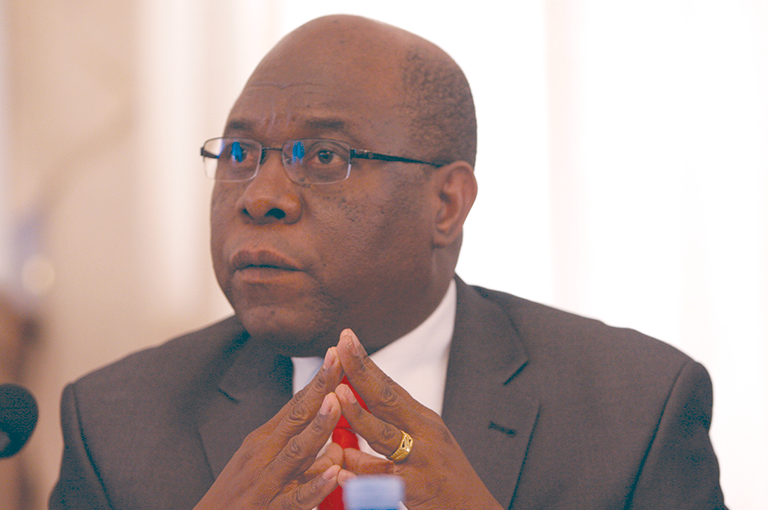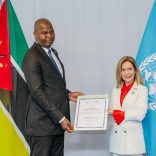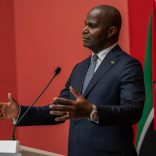Mozambique: Frelimo calls for exemplary action against police who shot child, condemns lynching of ...
Mozambique: Renamo should not have signed peace deal without assurances of transparent vote, says former leader

Photo: Lusa
A former top official of Renamo, Mozambique’s main political opposition to the Frelimo government, has told Lusa that the party should not have signed the peace agreement in August without assurances that the general elections would be free, fair and transparent.
Raúl Domingos was speaking on Thursday, amid allegations that fraud had marred the 15 October elections, which preliminary results show as having been comprehensively won by Frelimo.
“I think Renamo should not even have moved forward with the agreements it signed, which made these elections possible, so long as the problem of fraud was not resolved,” said Domingos.
The former Renamo official was for many years seen as the party’s number two, before being expelled from the group following divergences with its then leader, Afonso Dhlakama, who died last year.
The full and final election results are, by law, to be officially announced by the National Elections Commission (CNE) by 30 October. But provincial data shows that Frelimo won the presidential, legislative and provincial polls in all constituencies, with large absolute majorities.
Renamo and the MDM, the two opposition parties in the last parliament, have refused to accept the results, alleging fraud. Several foreign observation missions have also raised doubts and concerns about the vote.
According to Domingos, the controversy over the electoral register in the province of Gaza, in the south of the country, which emerged in July, was the clue that the fairness of the general elections had already been undermined and that the results would be “fabricated”. In Gaza, the voter rolls showed 300,000 more voters than the number of people in the province known to be of voting age, at least 18.
“Renamo had the sovereign opportunity to correct this … the will of the president, Filipe Nyusi, to have the peace agreement and the process of demilitarisation of Renamo started before the elections,” said Domingos.
The evidence that the elections were biased in favour of Frelimo, he said, was the emergence of ballot papers already filled out at several polling stations, and results that show more votes than the number of voters registered.
“It is clear that these elections are the worst in the history of elections in Mozambique”, said Somingos, adding that it was “true that since 1994, there have always been illicit electoral” incidents.
The exclusion of electoral observers and delegates from opposition candidate, the death of a representative of civil society during the campaign, and the appointment of polling station officials linked to Frelimo also created an environment conducive to the “fabrication” of electoral results, he argued.
According to Domingos, what happened during the elections has the potential to call into question the Peace and National Reconciliation Agreement signed between the Frelimo government and Renamo on 6 August.
“We have the potential for political [and] military instability here, and there must be a consideration, above all, on the part of the organs that have the power to validate these results, to prevent us from returning to that cycle of post-electoral conflict,” he said.
While urging the courts and electoral officials to act seriously in analysing the irregularities that have occurred, Domingos expressed scepticism that this would happen, alleging that state organs had been packed with Frelimo supporters.
The risk of a new armed confrontation due to the challenge of electoral results is widespread because the process of disarmament, demobilisation and reintegration of members of Renamo’s guerrilla wing has not advanced sufficiently, Domingos warned.












Leave a Reply
Be the First to Comment!
You must be logged in to post a comment.
You must be logged in to post a comment.